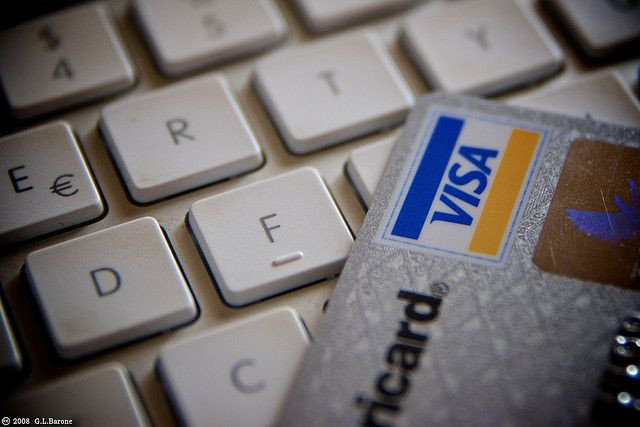Monetary Social Network: People Are More Likely To Engage In E-Commerce If A Friend Has

What your friends purchase could directly influence what you purchase. If your friend has bought something online and you see it on a social network, you are much more likely to buy that same online service, according to a new study published in Management Science.
Researchers from the University of Minnesota took on the question of peer-to-peer influence through social networks by using data from the “freemium” site Last.fm, a music site that builds music profiles based on each user’s specific musical tastes. The data encompasses 3.8 million users that were made public by the site. The researchers used statistical models in order to find out that the odds increased 60 percent of a person buying something if their friend on a social network did. This was especially true of those users who had fewer friends in relation to ones who had more friends.
“While the received wisdom focuses on using influential users to spread ideas and behavior in social networks our research establishes that even the average ‘John Doe’ type users exert influence on their friends to pay for premium subscriptions,” said Dr. Ravi Bapna, an author of the study and the Curtis L. Carlson Chair in Business Analytics and Information Systems at the University of Minnesota, in a statement.
The company Last.fm has a large community of free users, with also a small amount of subscribers who bring in the majority of the company’s revenue. They offer their customers a basic service for free and then offer more features with a small premium. It has been difficult to get those who use the basic service for free to transfer into paying customers. What the study highlights is that most of those who paid the premium were friends with those also paid the premium.
Social networking engagement has been the subject of study since it began to affect how we feel and how we spend our money. Buying on a computer makes it easier to send our money to someone else. A highly cited study analyzed the brain responses of unfair offers, and found that a person will reject an unfair offer in person at a significantly higher rate than an unfair offer on the computer. Biologically, you are already at a disadvantage just by being on the computer.
Connectedness on social networks doesn’t just stop there, but can also fuel narcissistic personality traits, boosting the ego, according to a 2013 study. These two studies are components in what is going on when you see someone on a social network purchasing an online service. Being connected can make you covet what others have, which may cause you to spend more on things you don’t need.
Source: Bapna R, Umyarov A. Do Your Online Friends Make You Pay? A Randomized Field Experiment on Peer Influence in Online Social Networks. Management Science. 2015.



























